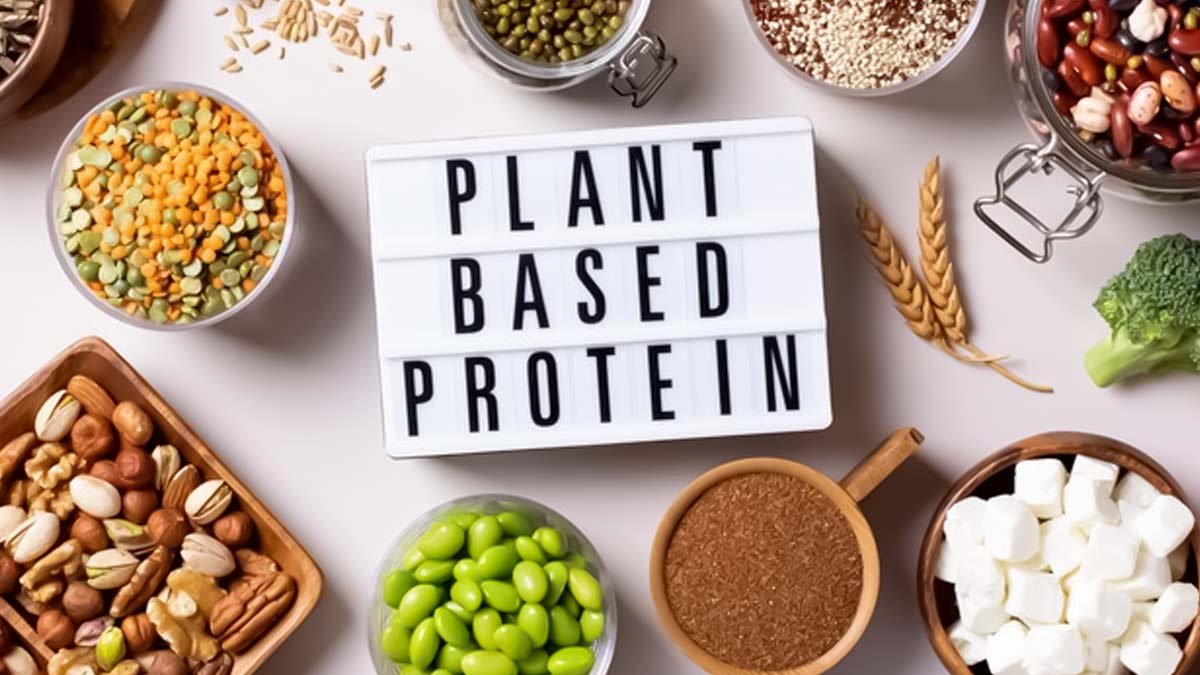Unlocking the Power of Plants: Exploring the Rise of Plant-Based Proteins
In recent years, there has been a significant shift towards plant-based eating, driven by concerns about health, sustainability, and animal welfare. This movement has brought plant-based proteins into the spotlight, showcasing their potential to revolutionize the way we nourish our bodies. Let’s delve into the rise of plant-based proteins and explore the myriad benefits they offer.
One of the main drivers behind the popularity of plant-based proteins is their nutritional profile. Contrary to the misconception that animal products are the only source of high-quality protein, many plant-based foods are rich in protein and provide a diverse array of essential nutrients. Legumes like lentils, beans, and chickpeas, along with tofu, tempeh, seitan, and edamame, are excellent sources of plant-based protein that can easily be incorporated into a variety of dishes.
In addition to their nutritional benefits, plant-based proteins are also celebrated for their environmental sustainability. Animal agriculture is a leading contributor to greenhouse gas emissions, deforestation, and water pollution. By choosing plant-based proteins over animal products, individuals can significantly reduce their carbon footprint and contribute to a more sustainable food system. Plant-based proteins require fewer resources to produce and have a lower environmental impact, making them a win-win for both people and the planet.
Moreover, plant-based proteins offer numerous health benefits that can support overall well-being and longevity. Research has shown that diets rich in plant-based foods are associated with lower rates of chronic diseases such as heart disease, diabetes, and certain cancers. Plant-based proteins are typically lower in saturated fat and cholesterol and higher in fiber, vitamins, minerals, and antioxidants compared to animal proteins. By incorporating more plant-based proteins into their diets, individuals can improve their health and reduce their risk of developing diet-related illnesses.
The versatility of plant-based proteins also makes them appealing to a wide range of consumers. Whether you’re a dedicated vegan or vegetarian, a flexitarian looking to reduce your meat consumption, or simply someone looking to incorporate more plant-based meals into your diet, there are endless possibilities for incorporating plant-based proteins into your culinary repertoire. From hearty bean chili and veggie-packed stir-fries to protein-packed smoothies and grain bowls, plant-based proteins can be enjoyed in a variety of delicious and satisfying ways.
In conclusion, the rise of plant-based proteins represents a seismic shift in the way we think about food and nutrition. From their impressive nutritional profile and environmental sustainability to their potential health benefits and culinary versatility, plant-based proteins offer a compelling solution to the challenges facing our food system. By embracing plant-based eating and unlocking the power of plants, we can nourish our bodies, protect the planet, and create a healthier, more sustainable future for generations to come.
